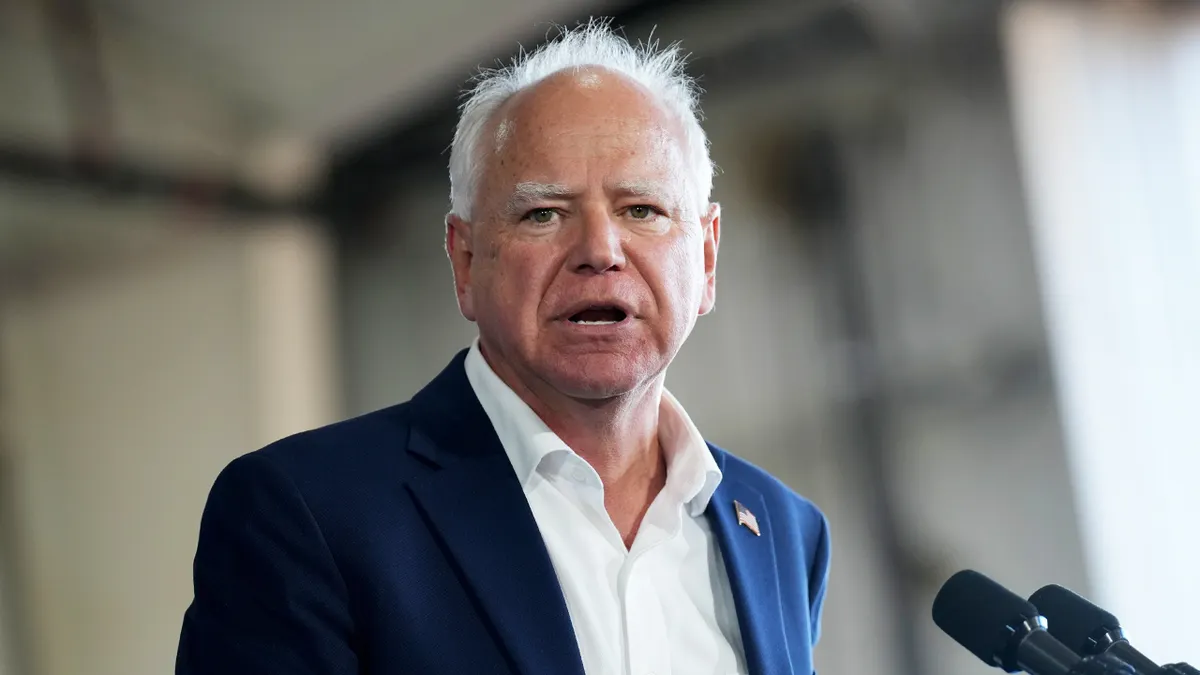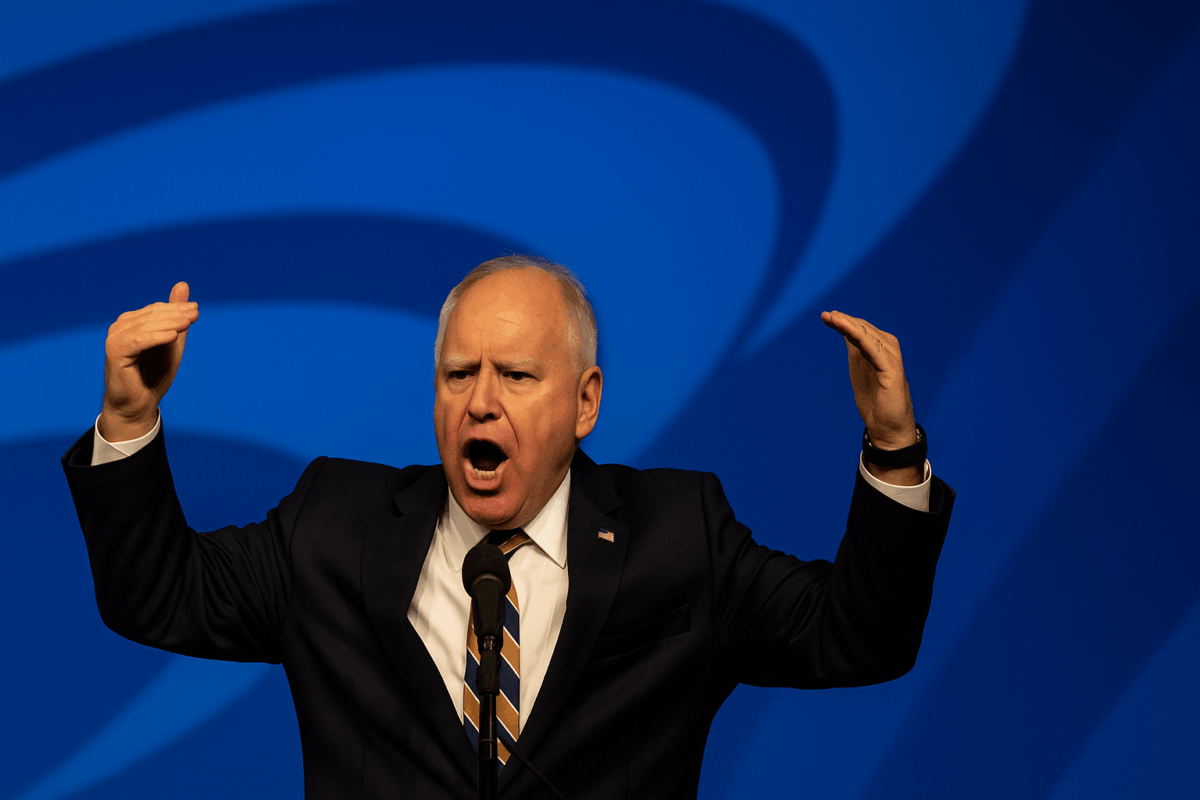Tim Walz Slams Media Coverage
Minnesota Governor Tim Walz, who recently ran as the Democratic vice-presidential candidate, has strongly criticized the media for its coverage of the Democratic Party. In a speech and follow-up remarks, Walz accused news outlets of focusing too much on internal rifts within the party while ignoring larger political threats facing the nation.
Walz argued that the media has created an exaggerated narrative of division among Democrats. According to him, this type of reporting only fuels distrust and distracts from the party’s core values. His criticism quickly gained national attention because of its strong language and the heated political climate in the United States.
Focus on DEI and Party Unity
One of Walz’s central points was his continued defense of DEI (Diversity, Equity, and Inclusion) initiatives. He doubled down on the importance of these policies for strengthening communities, broadening opportunity, and creating fairer outcomes for all Americans.
Walz accused his critics of using DEI as a “wedge issue” to divide voters. He insisted that Democrats must stand firm in supporting inclusion, even in the face of political pressure. His stance reflects ongoing national debates about how DEI programs affect education, hiring, and public policy.

The “Fascist Takeover” Warning
Perhaps the most striking part of Walz’s comments was his warning about what he described as a “fascist takeover” of American politics. He claimed that while the media focuses on Democratic disagreements, extremist forces are gaining power and threatening democratic institutions.
This statement resonated with many Democrats who believe the party should shift its attention toward combating authoritarian movements. At the same time, Republicans and conservative media outlets dismissed Walz’s claims as exaggeration and political theater.
Media and Political Reactions
Unsurprisingly, Walz’s remarks sparked strong reactions across the political spectrum. Supporters praised him for calling out what they see as unfair media practices. They argue that the press should devote more attention to real threats to democracy rather than party squabbles.
Critics, however, claim that Walz is trying to silence accountability and avoid legitimate questions about the Democratic Party’s leadership. They argue that strong journalism requires exposing divisions and holding politicians accountable, even within their own parties.
What It Means for Democrats
Walz’s comments highlight an ongoing challenge for Democrats: balancing internal debates while presenting a unified front against political opposition. His defense of DEI also reflects a growing divide between progressives and conservatives over the role of diversity programs in American life.
As the 2024 election cycle heats up, Walz’s criticism of the media and his stark warning of a “fascist takeover” will likely continue to fuel debate. Whether his comments strengthen the Democratic Party or deepen its internal struggles remains to be seen.


